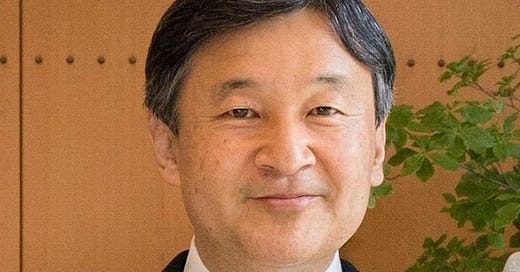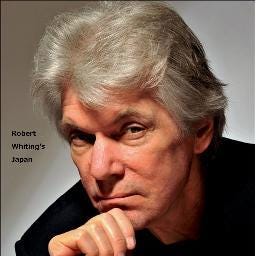Benefits of Japan's arcane imperial system outweigh costs
While critics dismiss royal institution as anachronistic, supporters see it as essential anchor
TOKYO — Does Japan need an emperor? That is the question some people might ask as Emperor Naruhito celebrated his 62nd birthday recently on February 23rd, amidst much media fanfare, although public birthday greetings were canceled due to the present Covid pandemic.
Naruhito is the nation's 126th emperor. Unlike his grandfather Hirohito, who enjoyed divine status until the end of World War II, he has no real political power but instead serves as a symbol of the state. His job description is to preside over public ceremonies such as convocation of the Diet and awarding of honors.
Having an emperor can be an expensive proposition. By the time of Naruhito's formal enthronement in October, 2019, after his father stepped down, the cost of the succession process, including a series of elaborate Shinto rituals such as outgoing Emperor Akihito's personal report to the Sun Goddess, amounted to more than $33 million. In addition, more than $50 million is spent annually on the Imperial family's official duties and several million more on private allowances. More than 1,000 people work at the Imperial Palace, a sprawling park-like estate in the heart of Tokyo, and more than 1,000 policemen provide security. Then there was the extensive and complicated reconfiguring of official documents and computer records to align with the Japanese calendar system that is based on each emperor's reign.
Keep reading with a 7-day free trial
Subscribe to Robert Whiting's Japan to keep reading this post and get 7 days of free access to the full post archives.




